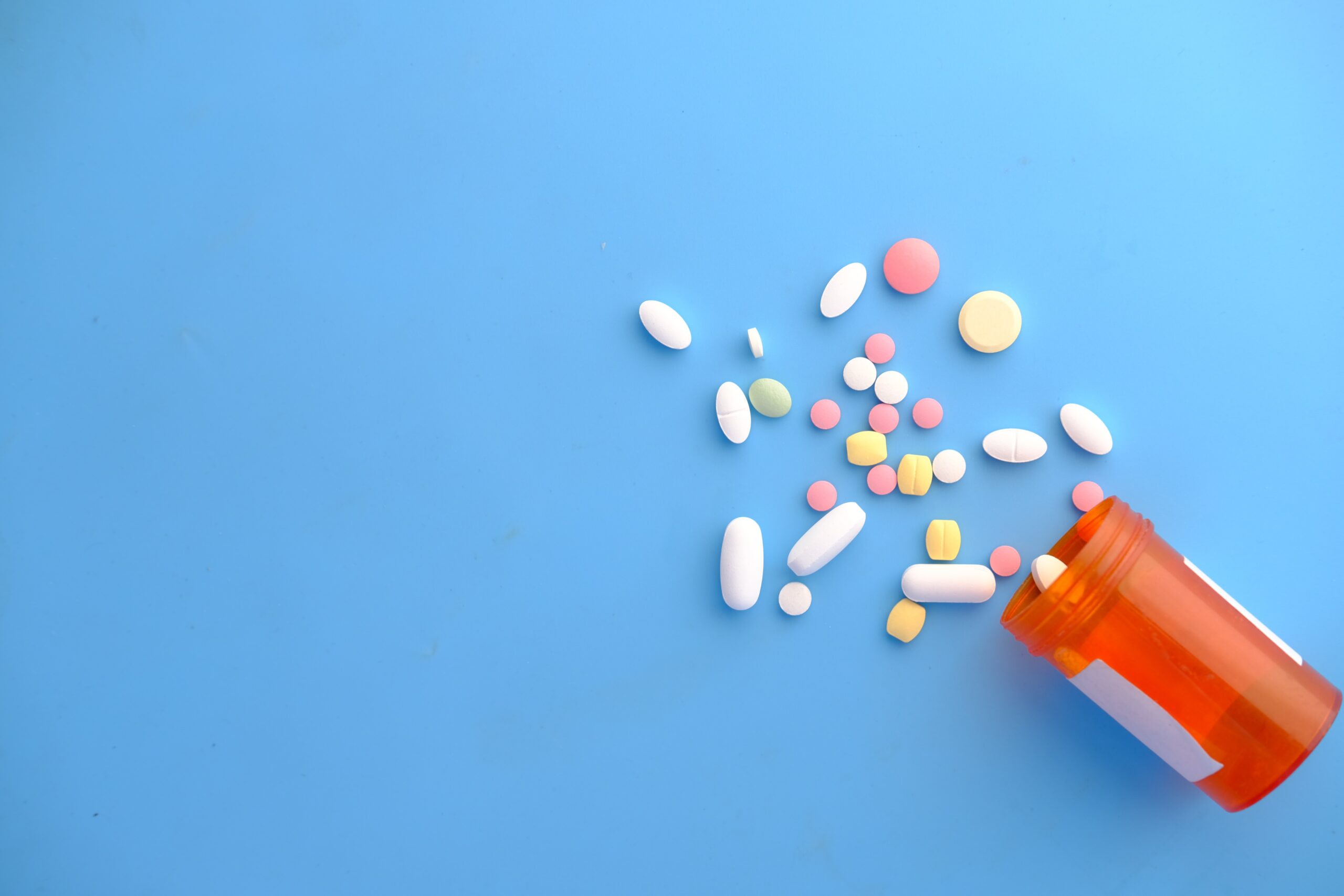Understanding the Link Between Adderall and Teeth Grinding
Introduction to Adderall and its Effects
Adderall, a widely prescribed medication for Attention Deficit Hyperactivity Disorder (ADHD) and narcolepsy, has been a subject of interest due to its side effects, one of which includes teeth grinding, medically known as bruxism. This stimulant medication, composed of amphetamine and dextroamphetamine, is known for its efficacy in enhancing focus and alertness. However, its impact on dental health is a concern that warrants attention.
Mechanism Behind Adderall-Induced Teeth Grinding
Why does adderall make me grind my teeth? Teeth grinding on Adderall is not merely a physical reaction but a complex interplay of factors. The stimulant properties of Adderall heighten brain activity, particularly in areas responsible for focus and alertness. This increased neural activity can lead to muscle tension, particularly in the jaw, resulting in involuntary clenching and grinding of the teeth.
Impact of Teeth Grinding on Oral Health
The repercussions of continuous teeth grinding are significant, with potential damage extending beyond discomfort to severe dental issues. Prolonged bruxism can lead to enamel erosion, increased tooth sensitivity, and even the risk of tooth fracturing. Moreover, the strain on the jaw can result in temporomandibular joint disorder (TMJD), a condition that affects the jaw’s movement and can cause chronic pain.
Preventative Measures and Remedies
Addressing Adderall-induced teeth grinding involves a multifaceted approach. Patients are advised to discuss their symptoms with their healthcare provider, who may suggest adjusting the medication dosage or exploring alternative treatments for ADHD. Additionally, employing stress-reduction techniques and practicing mindfulness can alleviate the psychological triggers of bruxism.
Dental interventions also play a crucial role in preventing further dental damage. The use of custom-made night guards, designed to prevent teeth from grinding against each other, is a common and effective remedy. Regular dental check-ups are essential for monitoring the condition and implementing preventive strategies to safeguard oral health.
Role of Lifestyle Adjustments
Lifestyle modifications can significantly reduce the risk of teeth grinding. Incorporating relaxation exercises, improving sleep hygiene, and maintaining a balanced diet can alleviate the side effects of Adderall. Limiting the intake of stimulants like caffeine, which can exacerbate teeth grinding, is also recommended.
Understanding the Psychological Aspect
Stress and anxiety are known triggers for teeth grinding. Individuals taking Adderall should be mindful of their mental health and seek support when dealing with stressors. Cognitive-behavioral therapy (CBT) and other therapeutic interventions can be effective in managing stress and reducing the occurrence of bruxism.
Importance of Professional Guidance
It is crucial for individuals experiencing teeth grinding on Adderall to seek professional advice. A healthcare provider can assess the situation and recommend appropriate adjustments to the treatment plan. Collaboration between medical and dental professionals is essential in providing comprehensive care and addressing the side effects of Adderall comprehensively.
Final Thoughts on Adderall and Teeth Grinding
Teeth grinding is a notable side effect of Adderall that requires awareness and proactive management. Understanding the underlying causes, recognizing the potential impact on oral health, and implementing a combination of medical, dental, and lifestyle interventions can mitigate the effects of bruxism. With the right approach, individuals can manage the side effects of Adderall while benefiting from its therapeutic effects. If you or someone you know struggles with addiction, contact Altitude Recovery for a confidential consultation. Their tailored approach ensures a successful path to healing. Contact Altitude Recovery, and they are here to guide you.
Frequently Asked Questions
Why Does Adderall Cause Teeth Grinding?
Adderall can lead to teeth grinding (bruxism) due to its stimulating effects on the central nervous system.
What Causes Adderall-Induced Bruxism?
This form of bruxism is typically caused by the increased neural activity triggered by Adderall.
How Can One Manage Symptoms of Adderall Bruxism?
Management includes dental interventions and possibly adjusting the medication dosage.
What Dental Effects Can Result from Adderall Use?
Prolonged use can lead to tooth wear, damage, and increased sensitivity.
What Treatments Are Available for Adderall-Related Teeth Grinding?
Treatment options may involve behavioral strategies, dental guards, and medication review.
How Can One Prevent Dental Damage from Adderall?
Prevention involves regular dental check-ups and possibly using mouthguards.
How can participation in a California (CA) recovery program help with managing medication side effects like Adderall bruxism?
Participating in a CA recovery program can provide valuable resources and support for managing side effects like Adderall-induced bruxism. These programs often include medical supervision, where medication effects are monitored and managed. Additionally, they offer access to dental professionals who can address specific side effects like teeth grinding, and provide guidance on coping strategies.
What role does an addiction recovery community play in supporting individuals dealing with medication side effects in California?
In California, an addiction recovery community offers support and advice for individuals dealing with medication side effects such as Adderall-induced bruxism. These communities provide a platform to share experiences and solutions, and can offer emotional support. Being part of such a community can help individuals feel less isolated in their experiences and more empowered to manage their medication’s side effects effectively.




